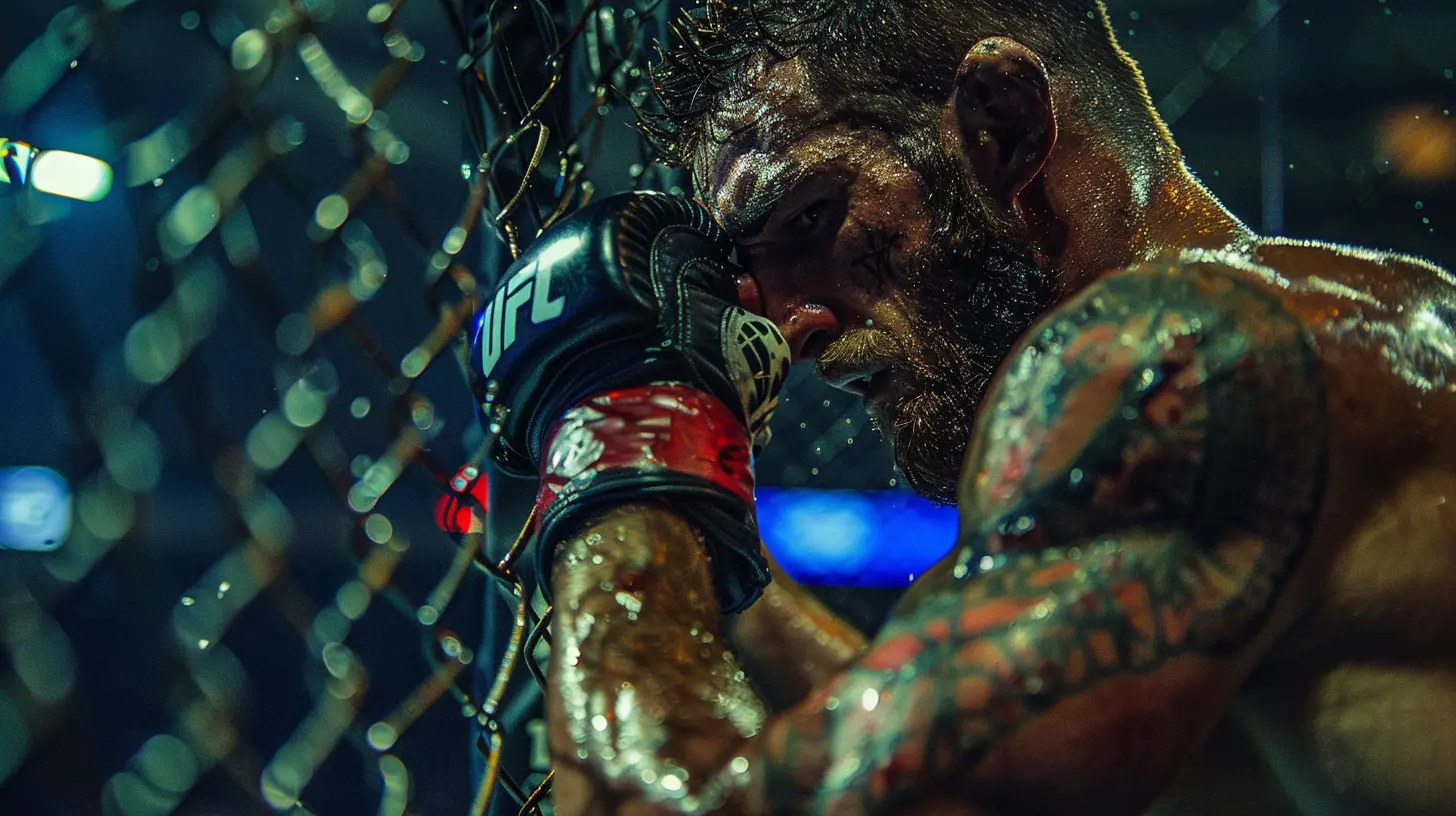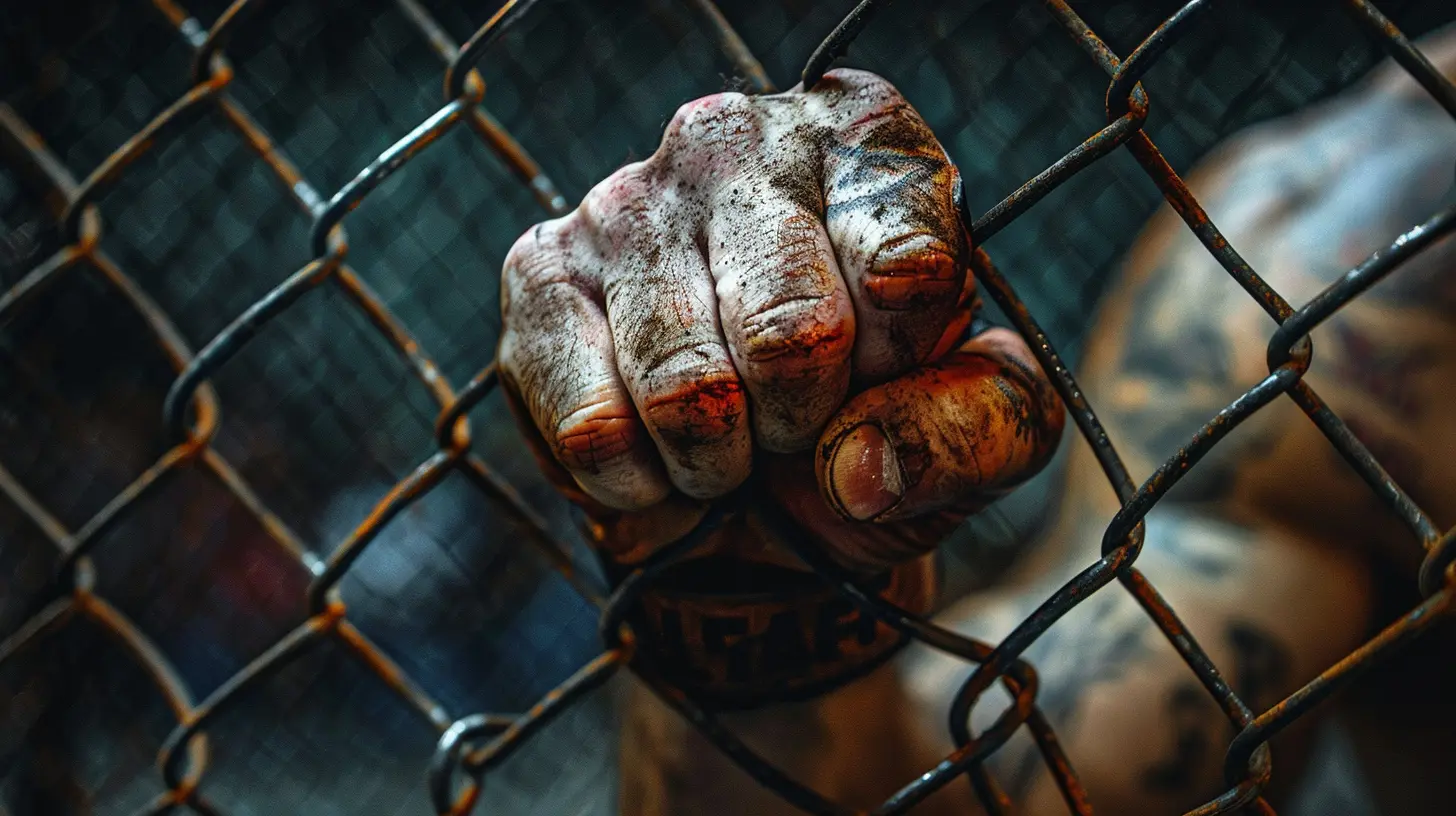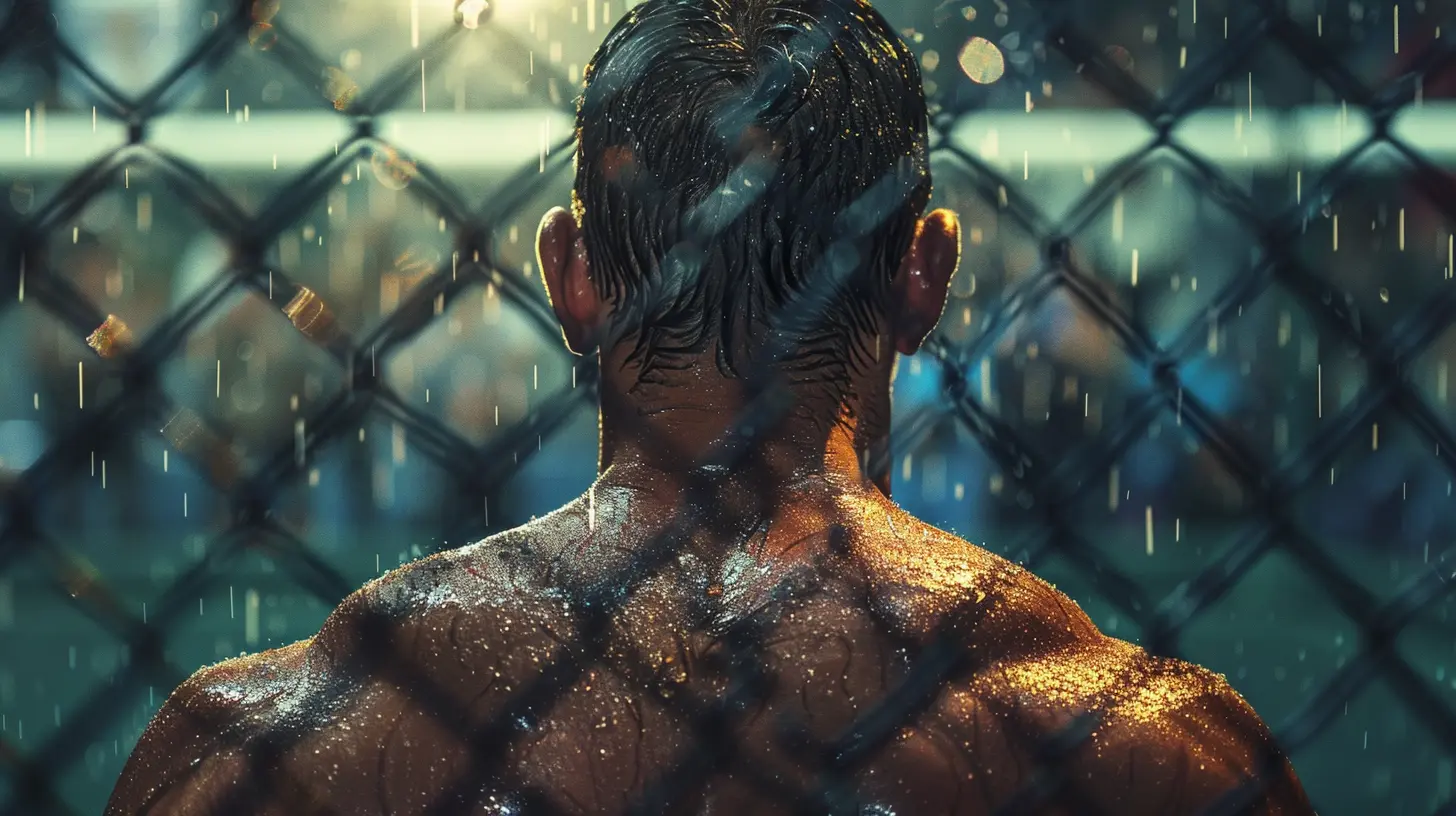How Fighters Handle Defeat: Lessons from the Cage
15 July 2025
Defeat stings—there’s no sugarcoating it. In mixed martial arts (MMA), where months of grueling preparation can crumble in seconds, handling a loss is just as important as training for a win. The way fighters respond to defeat separates the average from the great. But what can we learn from these warriors when they face setbacks inside the cage? Let’s break it down.

The Immediate Aftermath: Processing the Loss
When an MMA fighter loses a bout, emotions hit like a freight train. Imagine spending months preparing for a battle only to have it slip through your fingers. The first reaction? Disappointment, frustration, even disbelief.Some fighters let emotions take over—throwing tantrums, blaming the judges, or making excuses. Others, however, handle it like seasoned pros. They acknowledge their opponent’s skill, accept responsibility, and vow to come back stronger.
Think about legends like Georges St-Pierre. After his shocking defeat to Matt Serra in 2007, GSP didn’t sulk. Instead, he revamped his training, focused on his weaknesses, and later dominated the MMA world. That loss became the catalyst for one of the greatest comebacks in UFC history.

Embracing the Loss as a Learning Experience
Defeat can be the best teacher if fighters are willing to listen. The best in the game use losses as stepping stones. They study the footage, analyze their mistakes, and refine their strategy.Self-Reflection: A Brutal but Necessary Reality Check
One of the toughest parts of losing is facing the truth. Was it poor conditioning? A lapse in concentration? A technical flaw? Fighters who are honest with themselves grow the most.Take Dustin Poirier, for example. He’s had setbacks but consistently comes back sharper, mentally tougher, and technically sounder. He doesn’t dwell on losses—he builds on them.
The Role of Coaches and Cornermen
A great coach doesn’t just hype a fighter up; they keep it real. After a loss, top trainers dissect what went wrong and build a plan for improvement.When Israel Adesanya lost his middleweight title to Alex Pereira in 2022, his team didn’t let him wallow. They worked on a comeback strategy, focusing on his weaknesses—and sure enough, he regained his title in dominant fashion.

Mental Fortitude: The Backbone of a Fighter’s Recovery
The Psychology of Bouncing Back
MMA is as much mental as it is physical. Many fighters go through a confidence crisis after a tough loss. The question isn’t whether they’ll feel doubt—it’s whether they’ll fight through it.Resilience separates champions from those who fade away. Fighters like Michael Bisping, who endured countless setbacks before finally capturing the UFC middleweight title, prove that losing isn’t the end—it’s just part of the journey.
The Importance of a Strong Support System
Behind every fighter is a team—coaches, teammates, family, and friends—who keep them grounded. When a fighter loses, the right people don’t let them spiral into self-pity. They remind them of their potential and help them refocus.Take Kamaru Usman. After losing his welterweight title to Leon Edwards, his camp made sure he didn’t lose sight of what brought him to the top in the first place. That kind of unwavering support makes all the difference.

Adjustments and Comebacks: Putting Lessons into Action
The best fighters don’t just rebound from defeat; they evolve.Tweaking the Fighting Style
A loss often highlights a fighter’s weaknesses. Maybe their takedown defense is lacking, or their striking needs refinement. Whatever the case, top-tier fighters use losses to fine-tune their skills.Look at Francis Ngannou. After losing to Stipe Miocic, he completely transformed his approach—improving his wrestling, pacing himself better, and eventually claiming the heavyweight title in dominant fashion.
A Fighter’s Comeback Mindset
Comebacks aren’t just about physical adjustments. The mental switch is just as crucial. Fighters who return stronger have a mindset that says, “This isn’t over. I’ll be back.”Conor McGregor’s career is a rollercoaster of ups and downs, but one thing he never lacks is confidence. After each loss, he returns with something new in his game—whether it’s improved grappling or better cardio.
The Fighter’s Perspective on Losing
For many MMA fighters, losing isn’t a career-ender—it’s part of the sport. You can’t win them all, and sometimes, you learn more from a loss than a win.Losing with Dignity vs. Making Excuses
There’s a sharp contrast between fighters who handle defeat with class and those who don’t. Some acknowledge their shortcomings and give credit where it’s due, while others blame injuries, bad judges, or anything but themselves.Take Dominick Cruz—after losing to Henry Cejudo, he didn’t make endless excuses. He admitted where he went wrong and focused on improving. That’s the mindset of a true professional.
The Fans’ Reaction and Social Media Pressure
In today’s world, a single loss can lead to a storm of criticism online. Fighters are scrutinized by analysts, fans, and casual observers who sometimes forget that MMA is one of the toughest sports on the planet.Handling the noise is an art. Some fighters engage with critics, clapping back at trolls. Others tune it all out and focus on moving forward. While social media magnifies defeat, true fighters don’t let it shake them.
What We Can Learn from Fighters Who Handle Defeat Well
There’s a lot we can take from the way fighters deal with losses—both inside and outside the cage.- Resilience matters. Life, like MMA, throws punches. How you handle setbacks defines you.
- Adapt and improve. A loss isn’t the end; it’s an opportunity to grow.
- Keep emotions in check. It’s easy to get frustrated, but staying composed leads to better results.
- Surround yourself with the right people. A strong support system keeps you grounded.
- Confidence is key. Even after failure, believing in yourself fuels comebacks.
MMA fighters face the highest peaks and the lowest valleys. But the best ones turn losses into valuable lessons, proving that setbacks are just setups for comebacks.
all images in this post were generated using AI tools
Category:
MmaAuthor:

Preston Wilkins
Discussion
rate this article
1 comments
Fiona Coffey
Defeat shapes resilience; every fighter emerges stronger and more determined to succeed!
August 5, 2025 at 3:07 AM

Preston Wilkins
Absolutely! Defeat is a powerful teacher, and it fuels the determination to rise and improve. Every setback lays the groundwork for a stronger comeback!


